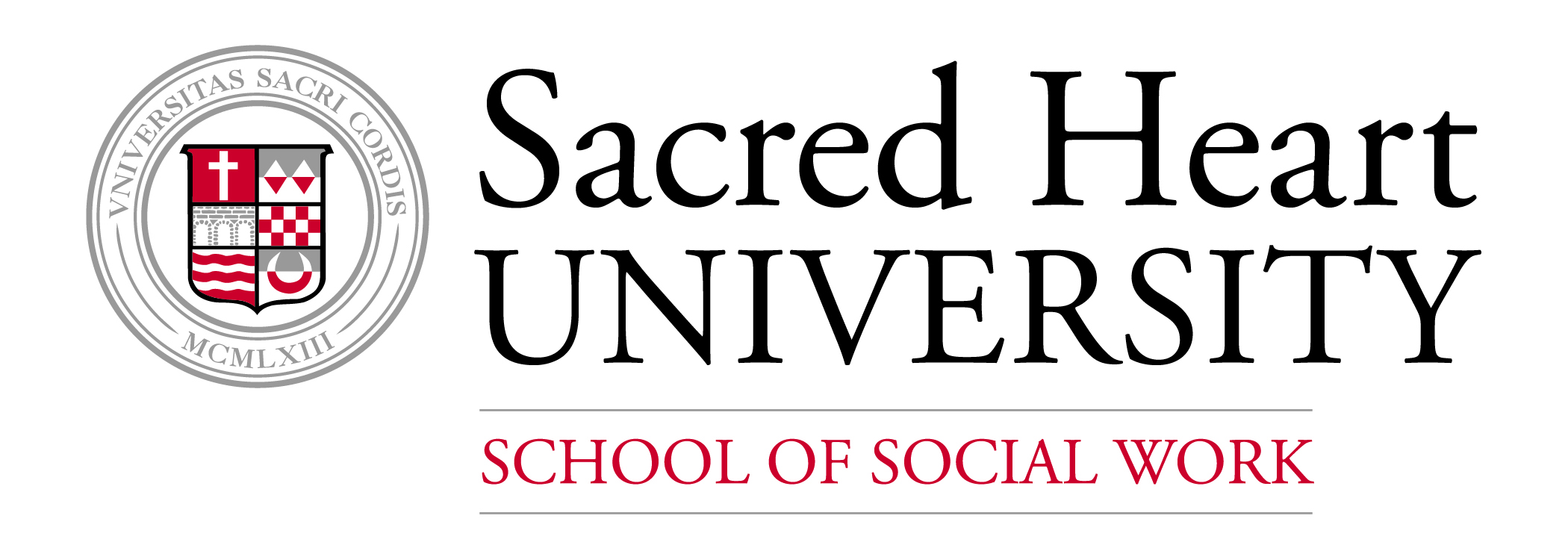Reconciliation as a Framework for Supporting Racial, Ethnic, and Cultural Diversity in Social Work Education
Document Type
Peer-Reviewed Article
Publication Date
Spring 2020
Abstract
In today’s society, the marginalization and oppression among vulnerable communities emphasizes the need for racial, ethnic, and cultural reconciliation. Slavery, racism, and white privilege have had long standing and negative effects in the history of the United States that continue to perpetuate the lives of minority populations. As a result, the need to emphasize the importance of anti-racist education that focuses on addressing all levels of practice (micro, mezzo, and macro) and challenges structural ideologies is paramount. The pursuit and maintenance of social justice for all is the foundation of the Social Work profession, therefore, students and practitioners must be equipped with the knowledge, training, and skills necessary for understanding how the historical antecedents and racism affect communities they will serve. This paper will explore the concept of racial reconciliation as a framework for addressing racial, ethnic, and cultural diversity within social work programs.
DOI
10.34043/swc.v47i1.137
Recommended Citation
Dyson, Y. D., del Mar Fariña, M., Gurrola, M. A., & Cross-Denny, B. (2020). Reconciliation as a framework for supporting racial, ethnic, and cultural diversity in social work education. Social Work & Christianity, 47(1), 83-95. Doi: 10.34043/swc.v47i1.137


